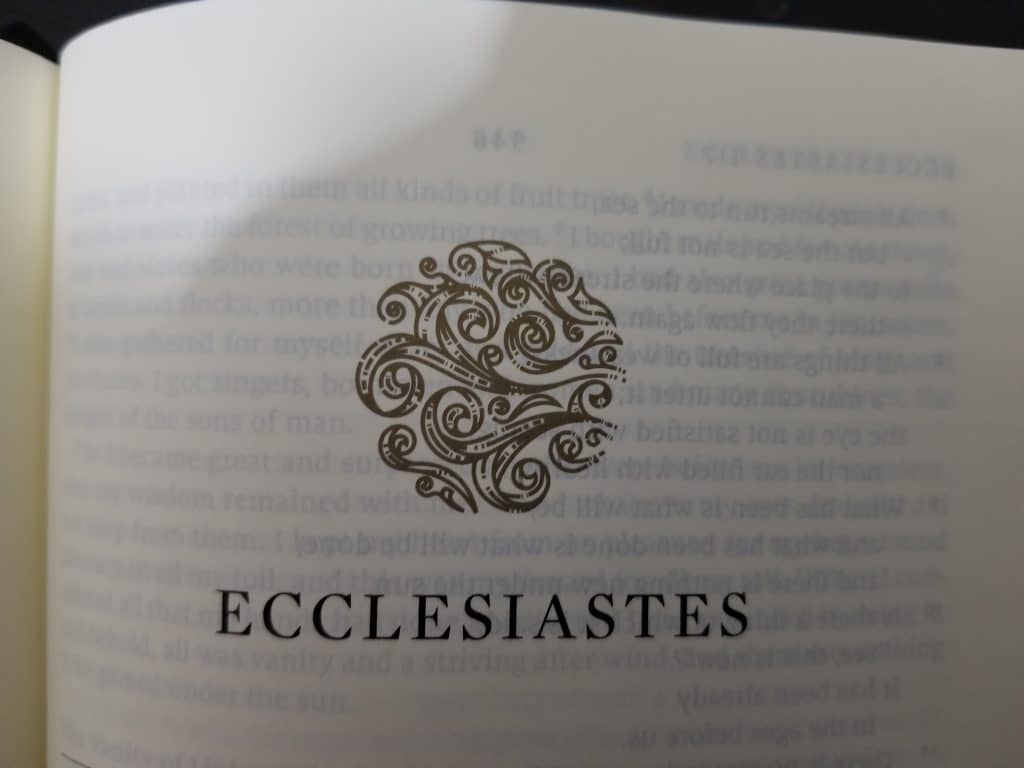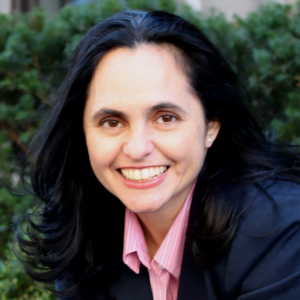⏱️ Estimated Reading Time: 5 min read
Ecclesiastes 11:1-6
Cast your bread upon the waters,
for you will find it after many days.
2 Give a portion to seven, or even to eight,
for you know not what disaster may happen on earth.
3 If the clouds are full of rain,
they empty themselves on the earth,
and if a tree falls to the south or to the north,
in the place where the tree falls, there it will lie.
4 He who observes the wind will not sow,
and he who regards the clouds will not reap.
5 As you do not know the way the spirit comes to the bones in the womb of a woman with child, so you do not know the work of God who makes everything.
6 In the morning sow your seed, and at evening withhold not your hand, for you do not know which will prosper, this or that, or whether both alike will be good.
***
You Will Not Complete what You Don’t Start
Ecclesiastes 11:4, “He who observes the wind will not sow, and he who regards the clouds will not reap.” This certainly paints a picture. When we are trying to decide whether or not to take that job, have that conversation, move to that city, start that process, we can feel consumed with anxiety not knowing whether it is the right call or not.
Control I seek to have that ends up controlling me. That is how decision making feels sometimes. I don’t know all the variables involved, so I circle around a decision trying to look at it from every possible angle, trying to guess the what-ifs; to foresee the unforeseeable issues. Deep down inside, beyond discernment what you and I want is a guarantee of success.
Often what we are really thinking is I will move forward once I know the exact steps to an error-free outcome. Since we have not been given such agency, the activity can be exhausting and fruitless.
Sometimes as believers we struggle to see the Bible relevant and helpful in the nitty-gritty everyday worldly life we have to live. We may feel the Bible is an archaic book filled with spiritual things that have little to say about regular everyday life. This passage, however, says otherwise.
Stewardship is a Call to Action.
The first two verses open with action verbs: cast and give. Interestingly both are outward driven actions. That is, both casting and giving imply parting from something; letting go. The call to cast our bread, that is our provision, because we will find it after many days, is essentially a call against hoarding what we have. We give not knowing the future, but knowing that all things are held together by the God we serve. We give not because we know everything that might happen with our resources, but because we know the One who does.
Life on earth is unpredictable no matter how carefully we plan. Our Maker’s design and rhythm in nature can disrupt our day with rain the forecast failed to predict. There are variables we won’t be able to account for when making a list of pros and cons. Making a list is good planning. Wanting the master list of all the things that could go wrong and how to make them right is us attempting to grab the steering wheel away from God.
You Don’t Need to Figure it ALL Out to Take Action
What wisdom looks like put into action isn’t alluring. There’s no master plan to uncover and heroically carry out. Instead, it is a call to make sound choices and plan with courage, knowing that you don’t know what might happen.
Wise living is not a game of deciphering what the future holds to ensure our success in the endeavors we undertake. No. Instead, wise living is illustrated by using the faculties we’ve been given along with the resources placed under our care, in a manner that is faithful and obedient no matter what. A good question to ask as we gauge next steps is what does faithfulness look like?
Because we don’t know if our actions will be successful, anymore that we know how God breathes life to a soul when a baby is conceived (v. 5), we should move forward with what we do know – namely that He is control, and use our time, resources, and lives accordingly.
We Don’t Control Outcomes, but We Do Control How We are Faithful
Our passage is a call to action where most of us would prefer to argue for better weather conditions before making a decision. Much of the advice compressed in these six verses is an exhortation to show up and do what needs doing because we don’t know everything and aren’t meant to. There is wisdom in simply staying faithful and do the work with diligence.
The passage isn’t showing a way to figure out the unknowable. On the contrary, it affirms that certain things are for God’s understanding alone. Instead, the passage is an encouragement to practical faithful living. The text is answering our classic question “but how do I know which is the right choice to make?” with a clear- you don’t if the right choice means free of error or difficulty. So rather than investing our time and energy trying to figure that out, it’s an invitation to live making decisions with our faith put on the One who holds our lives in the palm of his hand.




